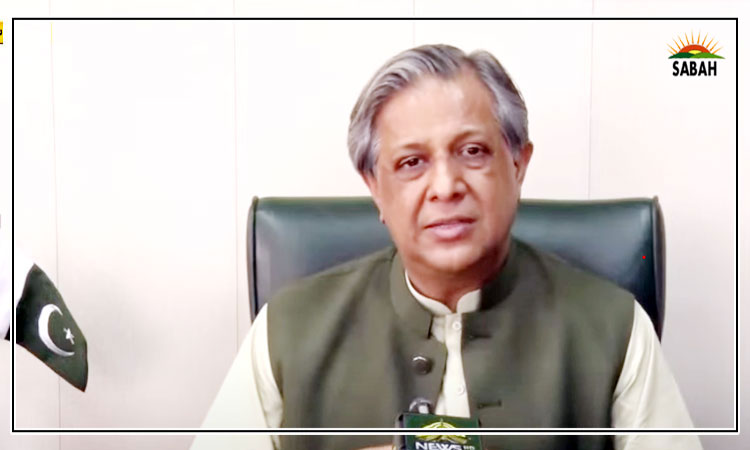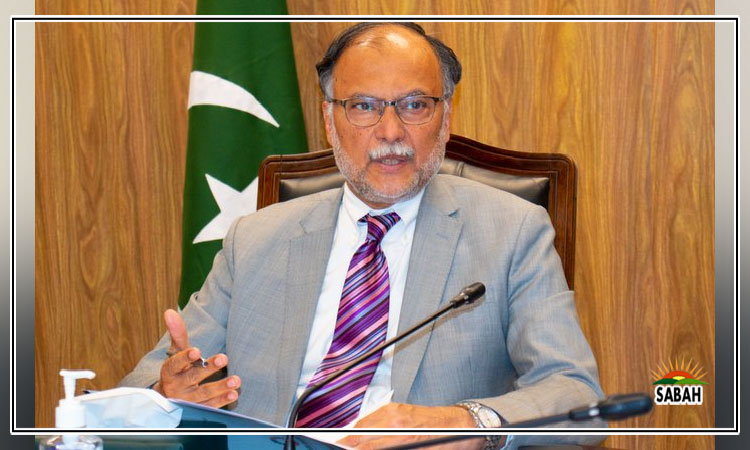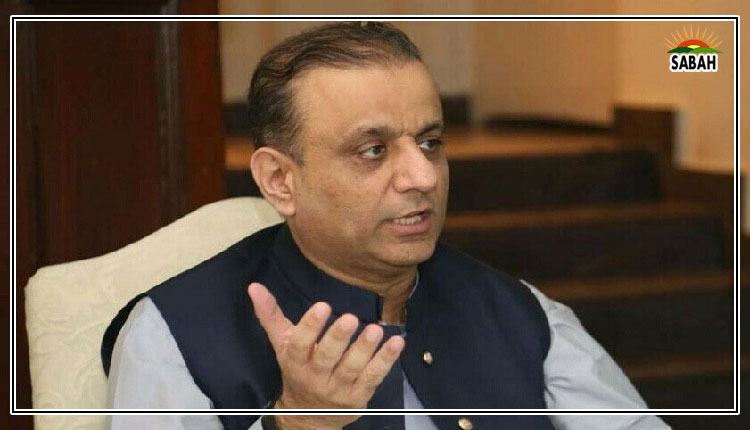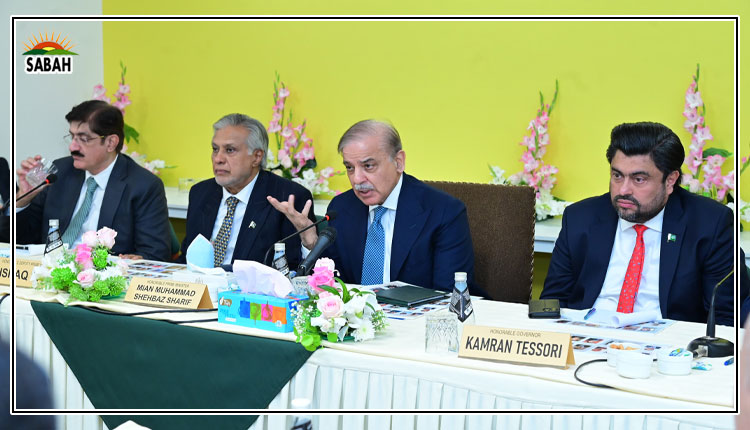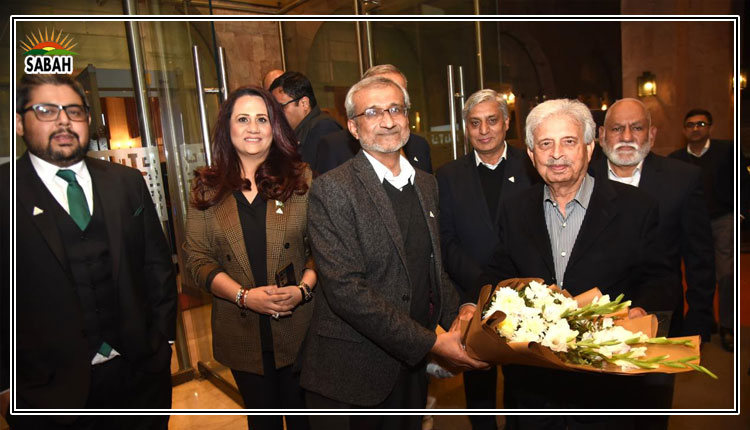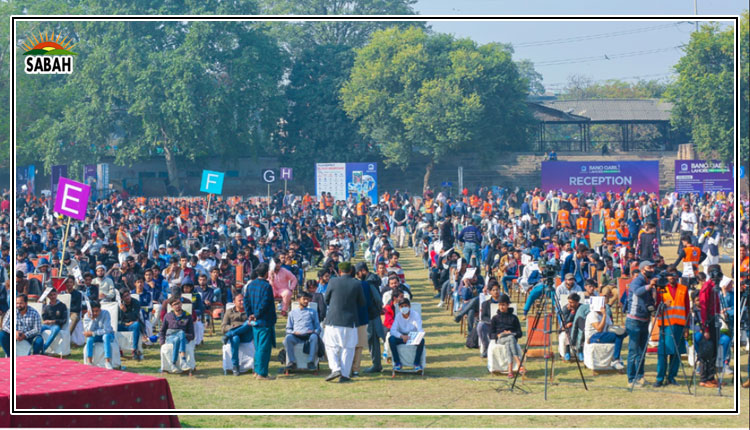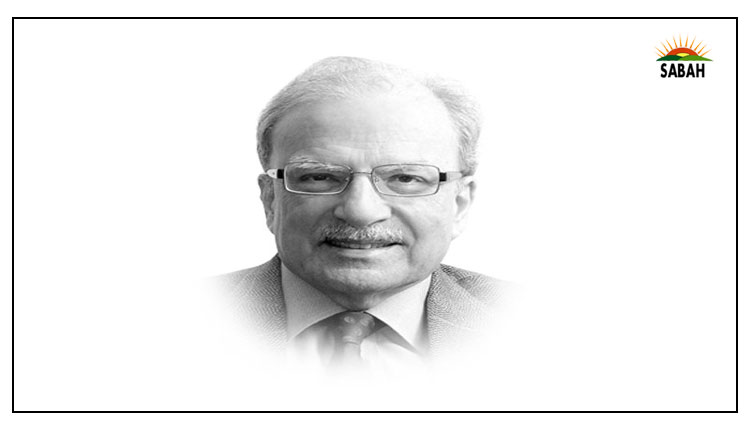Promise of stability in the Middle East…Shahid Javed Burki
My recent book on Pakistan published a couple of months ago looked at how the country is affected by developments in its immediate neighbourhood as well as in those not too distant from its borders. The book appeared under the title of Pakistan: Statecraft and Geopolitics in Todays World. This is my fifth book dealing with Pakistan; the first was published in London by Macmillan under the title of Pakistan Under Bhutto. That was in 1980. The book was mistitled as the executed prime minister played a minor role in the story I then told. In all these writings, my tone remained positive and optimistic about the countrys future.
To convey the gist of my long-held beliefs, I will quote the concluding sentences from the recent book. Pakistan stands at the cusp of bringing about a change for the better in its political system, the structure of its economy. And its relations with the world outside its borders, I wrote. For that to happen would require a better understanding of how to achieve this, policymakers at the center and in the provinces must develop institutions that can study the changes that are needed and also involved the citizens of Pakistan in the consultation and decision making process.
Since the book was written while the world was changing fast, it had to be revised several times before it went for printing. If I were to write the book now it would have a major change: how the Middle East is being transformed as a result of the recent agreement between Iran and Saudi Arabia. The agreement between the two countries was mediated by China and the announcement that it had been concluded was made in Beijing. The fact that these two regional powers had decided to work together surprised the world including the experts who study the region. It kind of sets the scene for the regions two superpowers to start to hash out their differences, said Dina Esfandiary of the International Crisis Group. The potential downside of that, of course, is that if they are the ones who are divvying up the region and sorting out things amongst themselves, you start to lose sight of regional contexts and grievances which could potentially be problematic. Senior Iranian leaders welcomed the move. Irans foreign minister Hossein Amir-Abdollhahian welcomed the rapprochement and promised that Iran will actively prepare other regional initiatives. He went on to tweet and wrote that return to normal relations offers great opportunities to two countries, the region and the Muslim world. Muslim countries in the region joined in applauding the move. Those who hailed the initiative included Iraq, the United Arab Emirates, Qatar and the Gulf Cooperation Council.
Policymakers in Islamabad should draw comfort from the fact that China was deeply involved in working out the arrangement. The peace agreement between Iran and Saudi Arabia has some obvious consequences for Pakistan. All of them are positive. The fact that the understanding between two major eastern powers was brokered by China was the result of Beijing opening up the western provinces of the country to the sea through Pakistan. In a conversation I had some years ago with the then Chinese Prime Minister Tzu Rongzi, he said he was somewhat frustrated that policymakers operating out of Islamabad had not responded positively to Beijings overtures to develop a land-corridor that would connect the isolated cities of Kashghar and Turumpchi in the Autonomous Region of Xinjiang with Gwadar, a deep-water port on Pakistans Balochistan coast. It would significantly cut down the distance goods have to travel between Chinas west and rest of the world. With this initiative, Pakistan could turn Gwadar into one of the busiest ports in Asia. It would also provide jobs to the Baloch youth who were unhappy that they had been left behind. It took a while for Pakistan to buy the Chinese programme which ultimately took the shape of China-Pakistan Economic Corridor (CPEC) which is the most important part of President Xi Jinpings ambitious Belt and Road Initiative (BRI). The next step would be to extend CPEC to Afghanistan and then on to the landlocked countries of Central Asia.
Both Iran and Saudi Arabia could become major energy exporters to China using this land corridor. The agreement between Iran and Saudi Arabia is significant for another reason. It could result in peace between the two sometimes-warring sects of Islam, the Sunnis and Shiites. Ever since the fall of Afghanistan to the Sunni extremist Taliban, the members of this sect have targeted the Shiite population of Afghanistan, the third largest ethnic group in the country after the Pashtuns and the Tajiks. Large number of Shiites have moved to Iran and Pakistan. While the Shiite exodus to Iran means moving to country with a vast majority of people belonging to this sect, the arrival in Pakistan could possibly be an unsettling development. Already the Tahreek-Taliban Pakistan (TTP) has begun to create trouble in the areas bordering Afghanistan.
It is my belief that the coming together of Iran and Saudi Arabia would prove to be a game changer for the region and within the region for Pakistan. Islamabads policymakers should be explicit in expressing their pleasure at this development. It will knit Pakistan closer to the landlocked countries of Central Asia and turn China an even more prominent player in the region that has been dominated for decades by the United States. Washington had worked closely with Riyadh to orient the Middle East towards itself and the Jewish state of Israel. With Beijing pulling Riyadh in a different direction, a completely new dynamic has been introduced. While China has worked hard to get close to Pakistan, the United States has been openly hostile towards Islamabad. Pakistan is the only large country in the world whose head of state was not called by President Joe Biden when he took office. Recently in a statement by the American president, Pakistan was termed as one of the worlds most dangerous countries. His reason: Islamabad sits on top of a pile of nuclear weapons while its political system is fragile and unstable. Great powers and that means the United States needs to keep a close watch on where Pakistan is going.
Courtesy The Express Tribune


